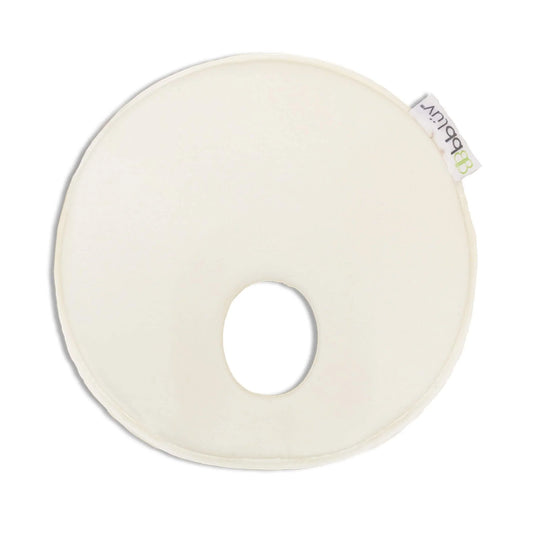Babies between 0 and 4 months: pay attention to their sleep signals
If your baby is 4 months old or younger, it's normal for his naps to be inconsistent. Before that age, the number and length of naps is determined based on his sleep cues and, of course, respecting the amount of sleep he needs. But, if you think your little one isn't getting enough sleep during the day and is experiencing lots of short naps , you're not alone!
How do I know if my baby needs a nap?
In the first few months of life, your baby is just learning to consolidate his sleep cycle and it is to be expected that his naps will be irregular. Therefore, it is very important to observe and understand the way he communicates to you that it is time to sleep, that is, his sleep signals .
- If he has pink eyebrows and a fixed, vacant stare, he's probably telling you, "I'm tired . "
- If you notice big yawns, he is agitated and rubbing his eyes, it means “I am ready for my nap . ”
- You will surely recognize that when he screams, his body is rigid and he pushes you, it is a sign of “I am over tired” .
As you and your baby get to know each other, you'll be able to identify when it's time for a nap more easily. Don't wait for your baby to show signs of being overtired to put him to sleep , as it will be difficult for him to relax and fall asleep.
Pay attention to the amount of time your baby is awake between naps, in other words, watch his sleep windows . Typically, in the first 3 months, your baby needs between 4 to 6 hours of total daytime sleep, and his wake windows vary between 60 and 90 minutes. But every baby is unique, there will be cases where he needs more hours of sleep and others less.
Be patient, little by little, you will be able to establish a schedule.
6 tips to help you with short naps , especially in small babies
Without a doubt, our children's sleep is important for their future development and we are concerned that in their first months of life they do not have adequate daytime and nighttime sleep.
Before 4 months, naps are irregular and begin to consolidate after 5 months. It is normal for them to last between 20 and 120 minutes. But, if you want to extend your baby's naps, even a little more, read these tips:
- After 9 to 10 weeks of life, try to create a dark and cool environment . We do not darken the room until the baby knows how to differentiate between day and night. This occurs around 2 months of age.
- When your baby shows signs of sleepiness, try to establish a relaxing routine before his nap and reduce stimulation so that he can fall asleep more easily.
- If your baby wakes up after a short nap, you can replace his pacifier, pick him up, or walk him back to sleep. Try this for 5 to 15 minutes, and if that doesn't work and he can't fall asleep, stop trying.
- Let go of the idea that you are creating a crutch. At this young age, you are just getting to know your baby. Longer naps will come later. Stress about naps at this age only robs you of the joy of enjoying them!
- If you have to go out with your baby and be away from home, it's okay to take naps in the car seat or stroller . You don't have to be cooped up in the house! Every nap counts as a success!
- Put more effort into nighttime sleep . For most babies, nighttime sleep is established before daytime sleep.
- Practice the first nap of the day in your baby's crib. It is the first to consolidate and may be easier.
Regardless of your baby's age, we know that he or she doesn't work like clockwork. That's why we always recommend flexible routines and not strict schedules . As the months go by, his or her daytime and nighttime sleep routines will become more consistent.









